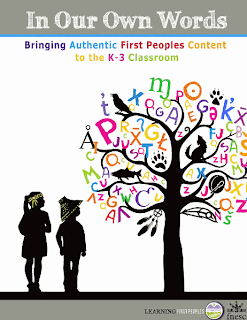What do students know about aboriginal issues?
"A Queen's University professor is studying how much [university] students know about indigenous issues, and why they might not know them. Anne Godlewska has a hunch that it goes beyond a lack of information.
"The voluntary survey, created in consultation with local indigenous peoples, was distributed among first-year students at 10 Ontario universities this fall. The same cohort will be surveyed in their fourth year."
===========










